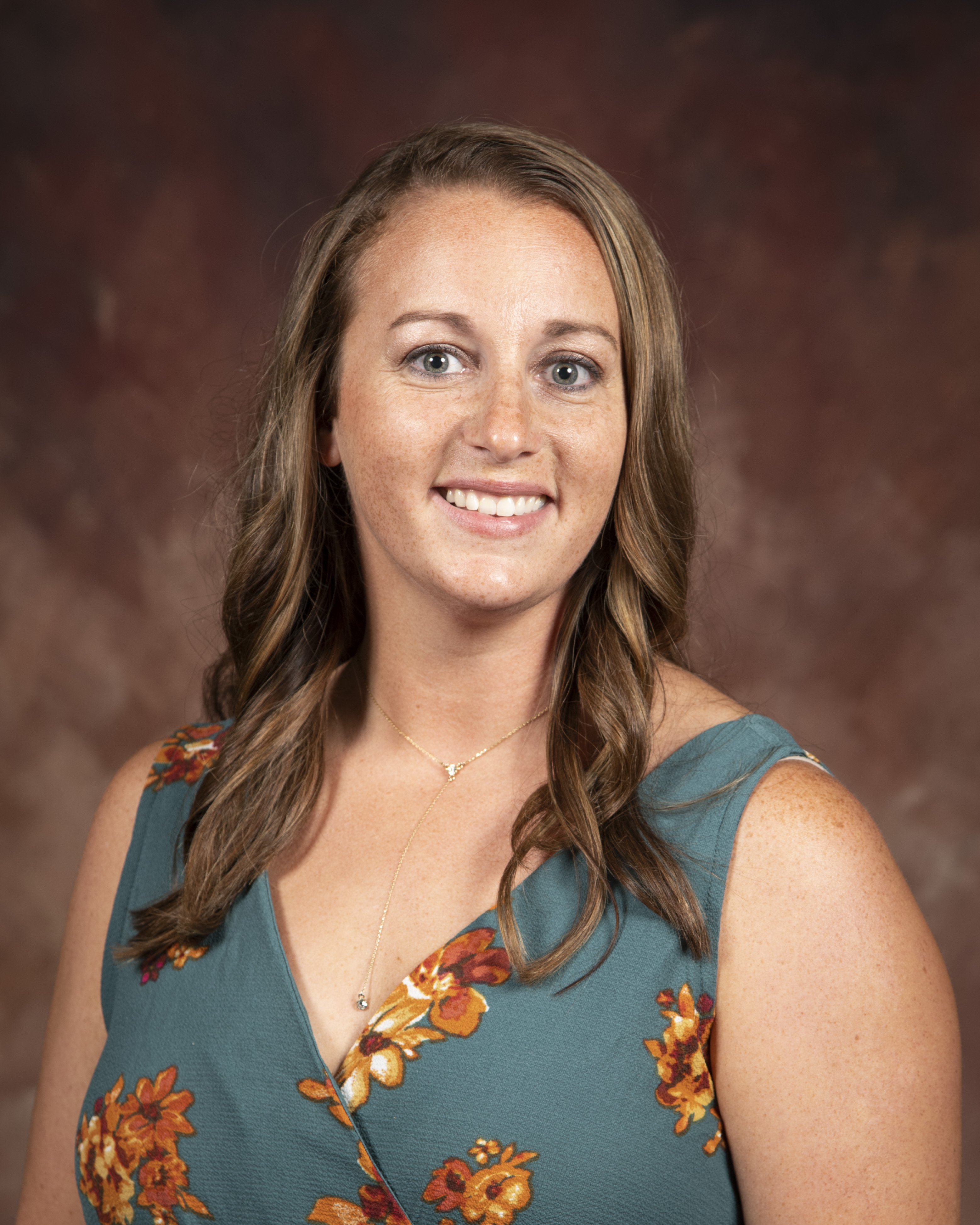Business
Business
Interested in accounting, marketing, finance, economics, management, sales or working as an administrative assistant in a variety of organizations? If so, a degree from the SVCC business department might be for you. These certificates or degrees can prepare you to work in a variety of settings from private business, government entities, non-for-profits or getting you prepared to be an entrepreneur. There’s something for everyone.
Expectations, Skills and Program Learning Outcomes
Economists seek careers in financial institutions and other aspects of business and government. Economists can also be self-employed as financial advisors or compete for some jobs with business graduates. Students planning to major in economics should cultivate effective oral and written communication skills and computer literacy.
Program Goals
- Students will be able to identify and explain economic concepts and theories related to the behavior of economic agents, markets, industry and firm structures, legal institutions, social norms, and government policies.
- Students will be able to integrate theoretical knowledge with quantitative and qualitative evidence in order to explain past economic events and to formulate predictions on future ones.
- Students will be able to evaluate the consequences of economic activities and institutions for individual and social welfare.
- Students will be able to identify the determinants of various macroeconomic aggregates such as output, unemployment, inflation, productivity and the major challenges associated with the measurement of these aggregates.
- Students will be able to critically evaluate the benefits/consequences of basic macroeconomic policy options under differing economic conditions within a business cycle.
- Prepare students for successful transfer to academic programs in pursuit of bachelors and graduate degrees.
Program Goals
- Students will understand and explain the entrepreneurial mindset.
- Students will discuss the ethical factors that shape trust in business and innovation.
- Students will develop a start-up venture business plan, with an emphasis on that marketing, organizational, and financial piece of the plan.
- Students will apply knowledge of when to take risks, strategize for growth, and develop negotiation skills.
Marketing offers a wide range of career opportunities. The skills needed for each job vary by product line, market, and level of responsibility. Buyers purchase the best available merchandise at the lowest possible prices and expedite the delivery of goods from the producer to the consumer. Salespersons represent their products to potential buyers. Wholesale and retail sales are integral parts of a complex system of production, distribution and merchandising. Wholesale buyers purchase goods directly from manufacturers or from other wholesale firms for resale to retail firms or to commercial establishments and other institutions. Retail buyers purchase goods from wholesale firms or directly from manufacturers for resale to the public. Individuals interested in the marketing profession should have good interpersonal skills; able to plan and make decisions; work well under pressure; and are aggressive, persuasive, creative and resourceful.
Program Goals
- Students will examine an overview of the importance of marketing, its tasks, and careers within the discipline.
- Prepare students for the skills needed for each job that varies by product line, market, and level of responsibility.
- Understand the fundamental principles and functions of marketing, with an emphasis on the tools and techniques by which goods are transferred from producer to consumer, not for profit marketing, consumer behavior, organizational buying behavior and the relation of marketing to the economic and business structure.
- Develop high quality interpersonal, project management, and creativity skills to meet the competitive needs of the business world.
Program Goals
- Prepare students to find entry-level employment in the fields of business prepare them for successful transfer to academic programs in pursuit of bachelors and graduate degrees.
- Familiarize and educate students with areas of emphasis such as accounting, marketing, middle management, information technology, entrepreneurship, supervisory roles, and human relations.
- Students will discuss the ethical factors that shape trust in business and innovation.
- Help students understand and foster relationships of business within our society, government, and the global economy.
|
|
Emily ZimmermanDr. Zimmerman was an accountant in the Sauk valley area for 9 years before taking a faculty position at Sauk Valley Community College. She has been teaching at SVCC since Fall of 2014 and is very active on campus as an advisor for the Business Club and Honors Program. Dr. Zimmerman enjoys discussing real case scenarios so students can apply what they are learning to their current day to day life. [LinkedIn Profile]
|
|
|
Dimitra FreehillPrior to teaching Economics, my professional experience includes having worked as an Econometrician in the Analytics Group at Loop Capital Markets, a full-service investment bank, brokerage and advisory firm. The main functions of my job consisted of writing an in-depth quarterly economic analysis predicting economic trends, ran a U.S. level macroeconomic economic indicator and interest rate forecasting model, produced a quantitative bank analysis report looking at expected default frequencies, generated a monthly corporate spread forecast and a weekly bond volume forecast, and performed various ad-hoc forecasts. I have also worked as a Product Manager in the Professional Services Division at Zacks Investment Research, primarily working with buy-side clients. I enjoy incorporating real-world industry experience in the classroom to make economics more practical for students and to help them better understand how economics affects everyday decisions.
|

